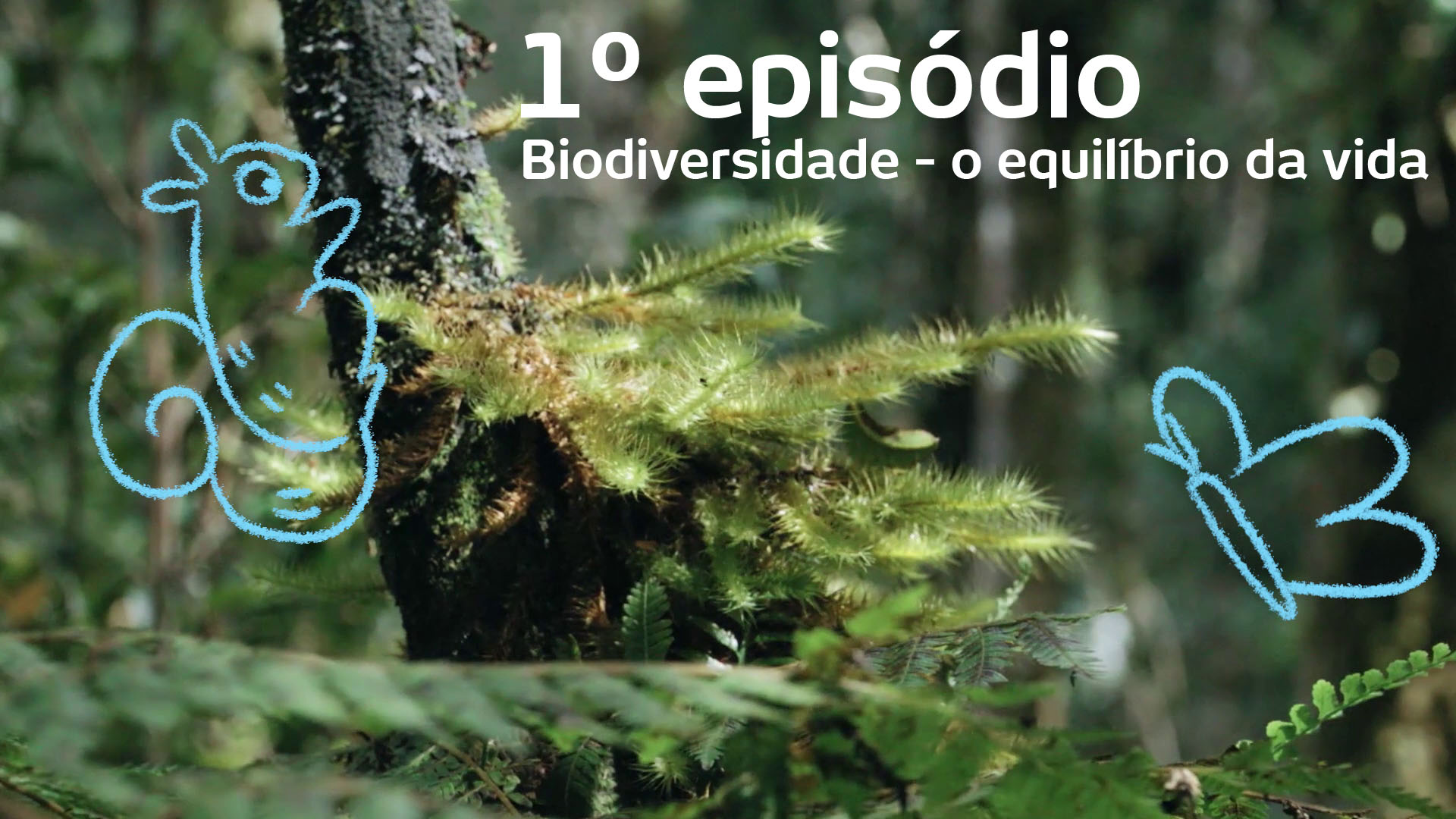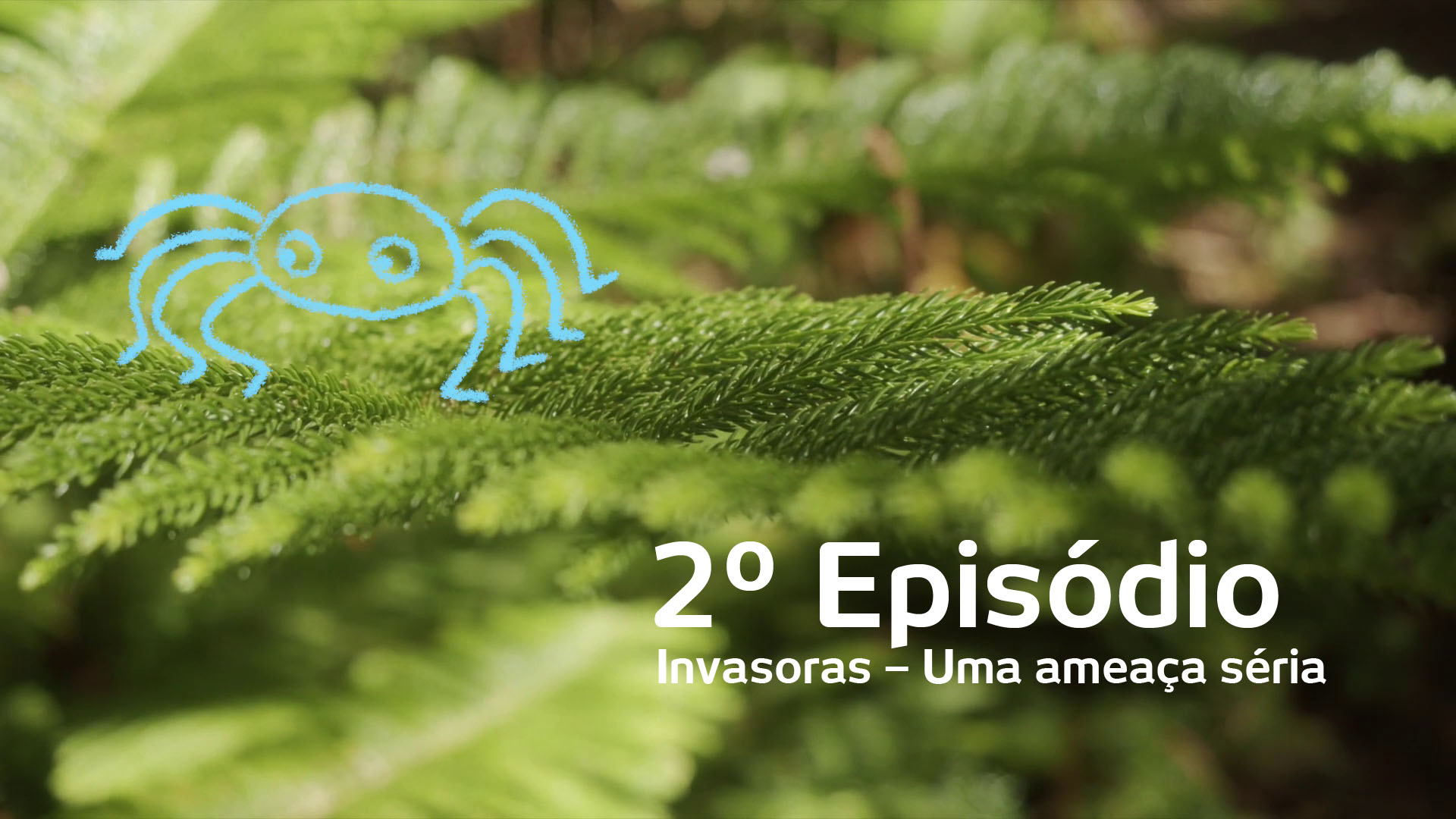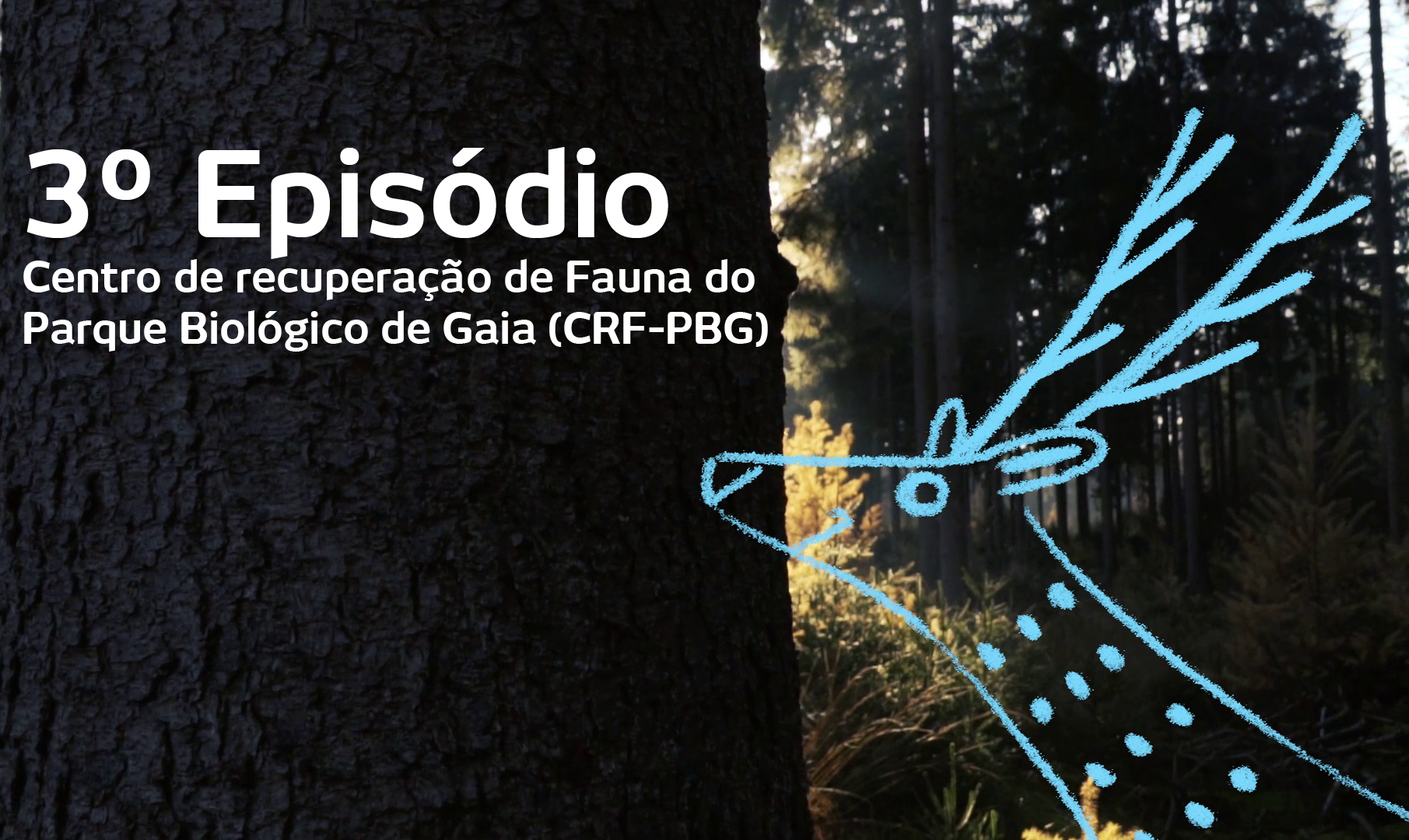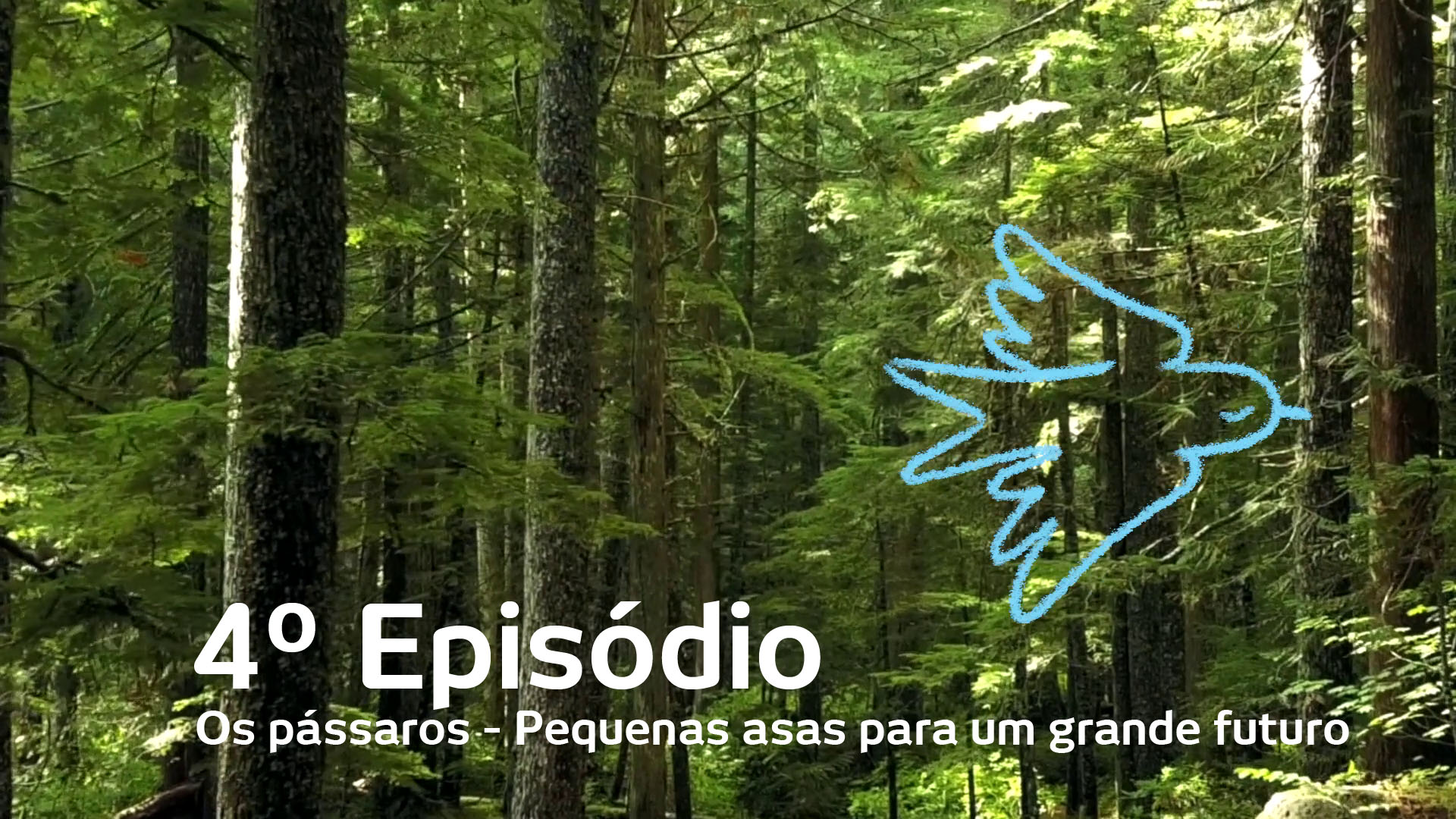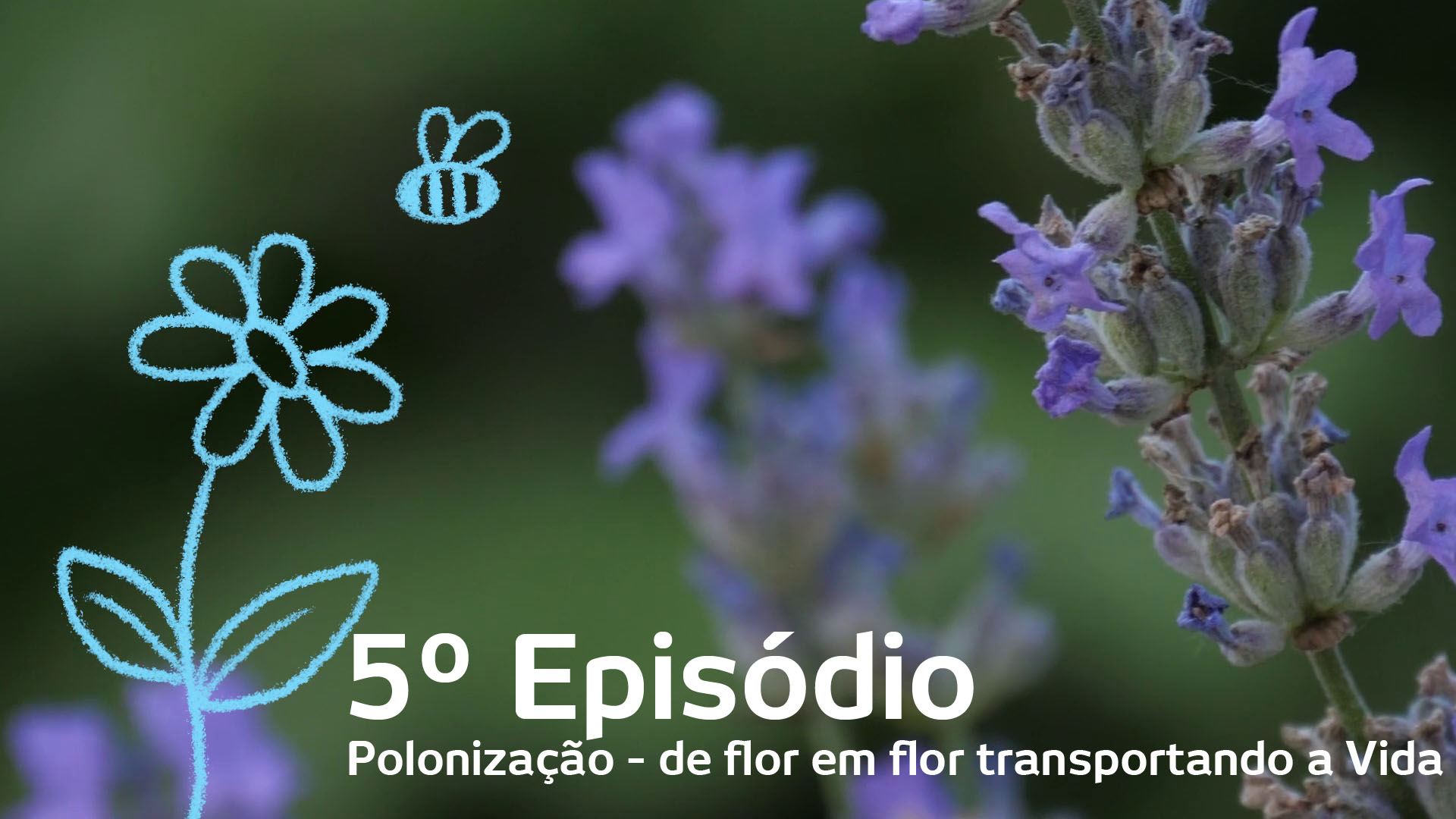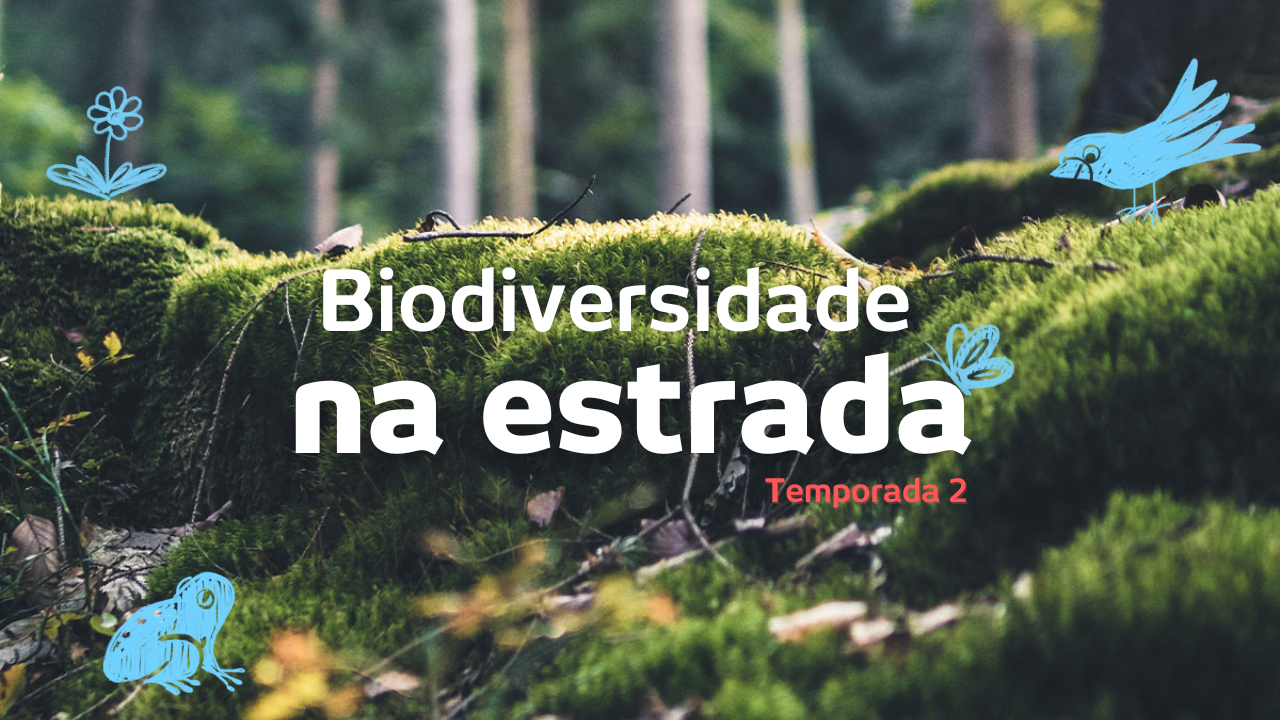Ascendi builds, runs, operates, and maintains road networks, which inevitably impact local, social, economic and environmental structures.
Reducing those impacts and promoting an harmonious integration of the infrastructure in its surroundings is a relevant strategic vector for Ascendi’s sustainability.
The conceptualization and implementation of this strategy is based upon the voluntary assimilation of social and environmental concerns, not only in the operational activity development models, but also in our relationship with the entities with whom we have relevant interaction, striving to meet the stakeholder’s expectations and improving the present without hindering the future.
Get to know Ascendi's ESG report for the year 2022. An overview of the organisation's performance in environmental, social and governance issues, with a special focus on Ascendi's strategy and performance leading to the creation of short, medium and long-term value for its stakeholders.
The information is available here:ASCENDI ESG REPORT 2022
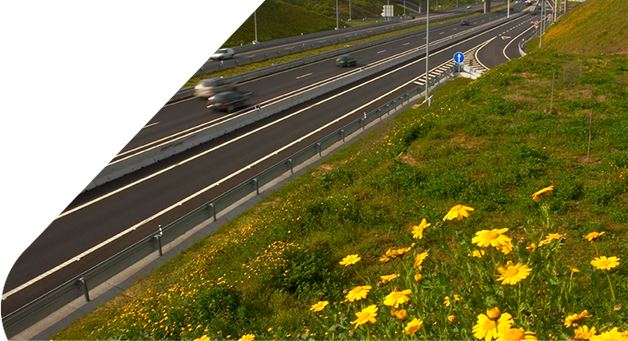
INTERVENTIONS ON ENVIRONMENTAL EXTERNALITIES:
Interventions on environmental externalities:
1. PROMOTION OF ENERGY EFFICIENCY
Implementation of measures for lighting flows regulation according to the infrastructure needs and the complementary use of LED technology (Ascendi is a pioneer in Portugal on installing LED technology in motorway Interchanges);
2. MONITORING AND MINIMIZING ENVIRONMENTALIMPACT
- Monitoring of infrastructures under construction or built
- Conduct environmental impact studies (EIS) in all built infrastructures
Subcontractors
In order to ensure the alignment of the subcontractors’ activities with Ascendi’s environmental standards, the specifications include environmental issues and the document ‘Best practices on site’ was drawn up.
Environmental management on Site Award - The aim of this campaign is to reward best practices through an award scheme for environmental management performance by assessing:
- Response times to Ascendi’s requests;
- Waste recovery;
- Skills of the professionals involved;
- Use of best environmental practices;
- Implementation of self-control systems;
- Precision and team performance.
Resource consumption and waste management
Waste is managed in compliance with the national legislation in force and based on the assumption that all waste is sent for recovery, thus reducing the negative impact it may have on the environment. In 2022, Ascendi produced 1.049 tonnes of waste, of which 95% was non-hazardous and 88% was recovered.
Waste management by subcontractors is important to Ascendi, which is why it invests in awareness-raising and training as a means of ensuring that the procedures adopted are in line with its standards. Subcontractors generated a total of 226.615 tonnes of waste in 2022, of which almost 100% was non-hazardous and 100% was recovered.
Waste Recovery
Ascendi’s objective is to increase the reuse of waste that can be recovered within its infrastructures, by incorporating milled waste in the new bituminous mixes to be applied in future repaving, thus promoting the circularity of the materials.
| Inputs | Un. | ´19 | ´20 | ´21 | ´22 |
| Waste produced | t | 808 | 935 | 2.213 | 1.049 |
| Hazardous waste | t | 26 | 7 | 10 | 51 |
| Non-hazardous waste | t | 781 | 928 | 2.203 | 998 |
| Outputs | Un | ´19 | ´20 | ´21 | ´22 |
| Recovered waste | 1 | 588 | 679 | 1.789 | 919 |
Water Resources
Considering the importance of reducing water consumption as an effective way of managingresource consumption, Ascendi ensures compliance with the legislation in force in all its operations and promotes various initiatives. Water consumption in 2022 was 12.290 m3, down 4% from the previous year (11.759 m3). This incentive for the responsible, sustainable use of water resources will continue in 2022.
Other initiatives:
- Monitoring of sensitive areas;
- Installation of tailing ponds, with macrophyte beds, constituting a "naturalised" system that is very efficient in capturing pollutants transported in dissolved state or in fine particles, which is a pioneering system in Portugal.
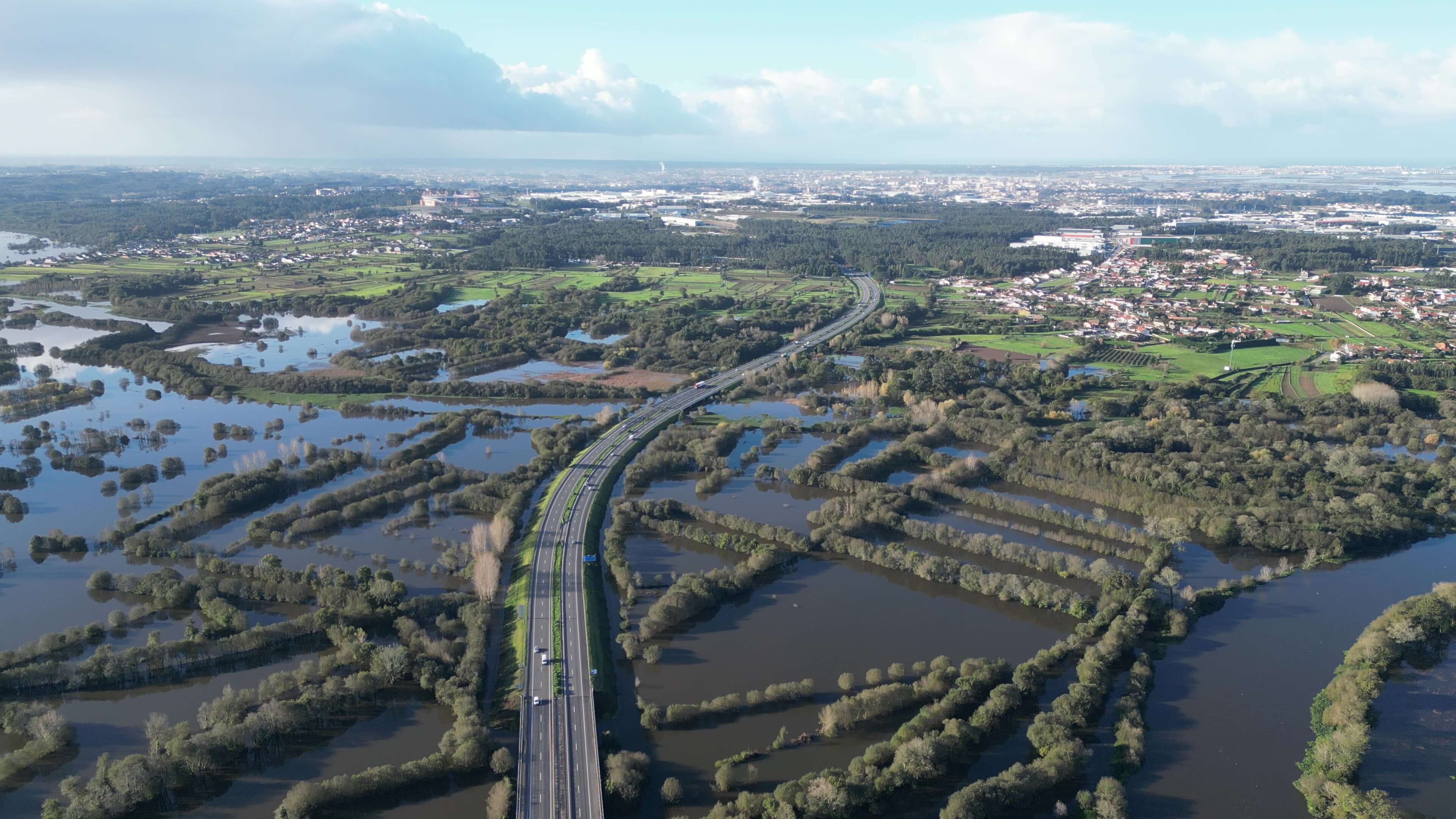
Noise Pollution;
In infrastructure management, noise is a very sensitive environmental issue, which is why regular monitoring is carried out at locations considered sensitive recipients, those that are the subject of complaints and, every five years, those proposed in the general monitoring plans.
Based on the monitoring results, whenever technically feasible and with the approval of the owners, acoustic barriers are implemented to minimize or eliminate noise.
In 2022, 14 fewer noise-related complaints were received than in the previous year.
Acoustic Barriers - 104 KM in 2022
Other initiatives:
- Noise monitoring in sensitive areas;
- Use of permeable sound-absorbing paving wherever feasible;
- Installation of Noise Barriers.
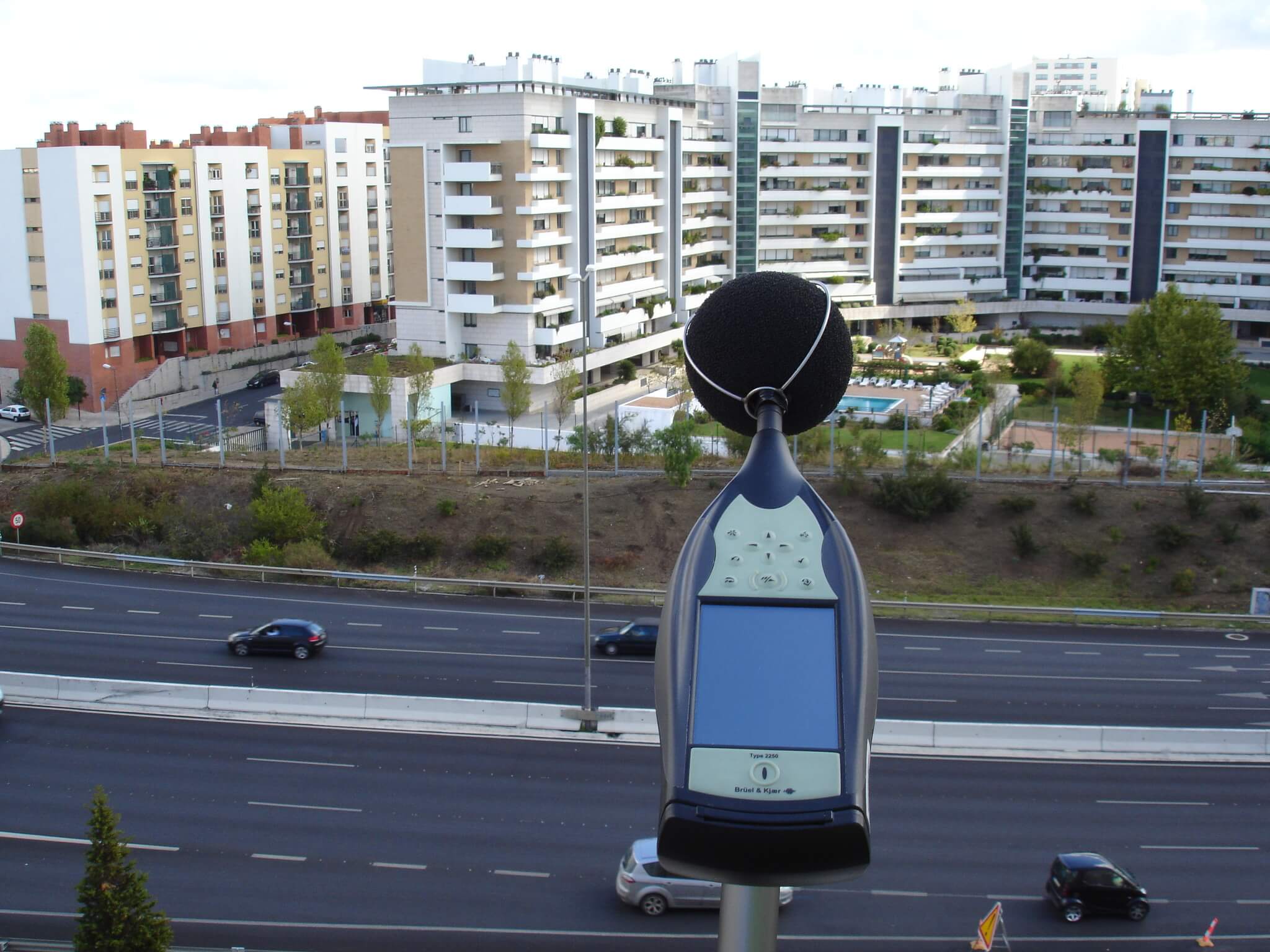
Biodiversity Conservation
Aware of the impact that its infrastructure generates,
Ascendi has a set of initiatives that consolidate its commitment to preserving biodiversity and protecting speciesIn partnership with Infraestruturas de Portugal, Ascendi is participating in the Life
Lines project, with the objective of reducing animal mortality by identifying species and outlining measures to prevent animal-related road accidents. A mobile application was developed to identify species that live near motorways and to record the location of the road where the species appeared in the Geographic Information System (GIS).
Other initiatives:
- Monitoring of fauna and flora in sensitive areas, especially of endangered species
- Promotion of the conservation of protected species (transfer of stork nests and species conservation campaigns);
- Implementation of "naturalized" wildlife corridors to decrease the barrier effect of the infrastructures;
- World Animal Day - Ascendi celebrated World Animal Day with a video, sent to all employees, on the animals found in the areas adjacent to the motorways and the work carried out to protect species
- International Day for Biological Biodiversity -Ascendi celebrated the International Day for Biological Diversity with the release of a video, sent to all employees, addressing the impact of the company’s activity and the initiatives promoted for fostering biodiversity in partnership with the University of Aveiro. This partnership aims to reduce animal mortality and promote biodiversity across the concession network.
- Replanting of protected tree species(e.g. cork oaks and holm oaks) as a compensatory measure.
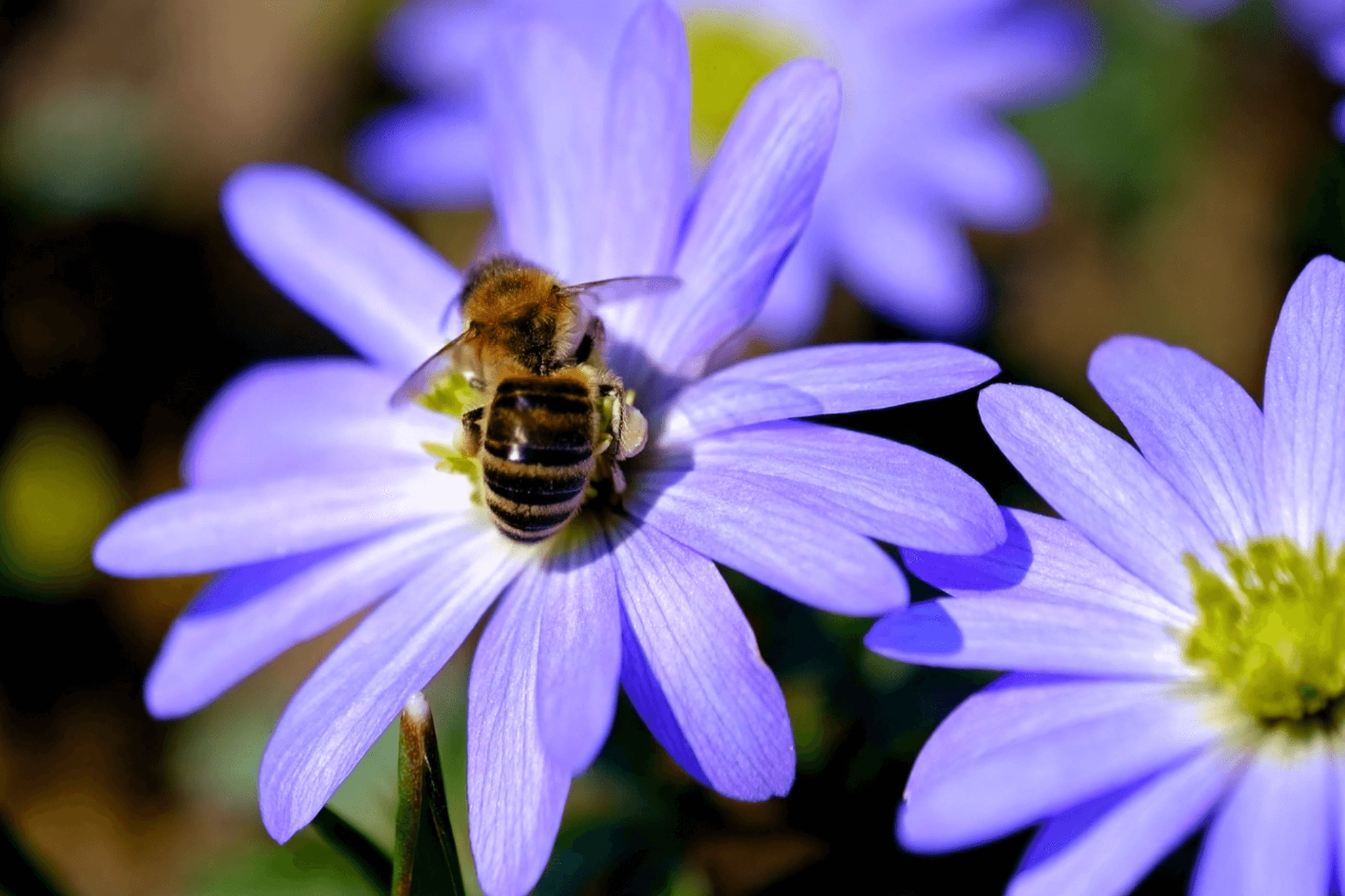
3. INTEGRATION OF THE ROADS IN THE LANDSCAPE
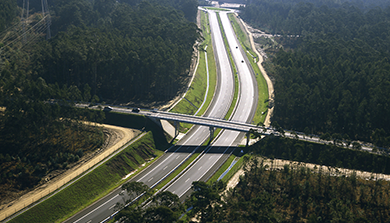
Development of Landscape Integration Projects for areas surrounding road infrastructures.
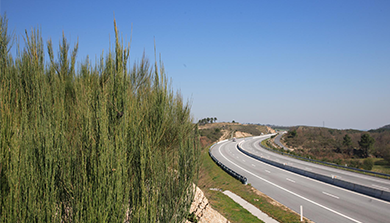
Selection of native species so that the infrastructures can be quickly and harmoniously integrated into their surroundings;
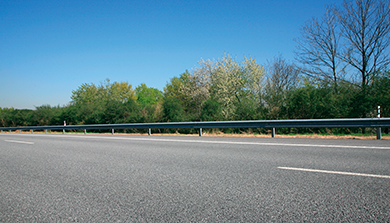
Planting of tree curtains that serve as a protective visual barrier for the houses nearest the motorways.
Strategic Energy Plan
Following the geopolitical crisis currently being faced in Europe, with serious consequences for the energy sector and the possibility of eventual future disruptions, always bearing in mind the guarantee of security of energy supply, Resolution No. 82/2022 was adopted by the Council of Ministers of the Portuguese Government, whereby various quantitative guidelines are defined for reducing energy consumption, water efficiency, and mobility. These measures complement others already adopted in public policy instruments, such as the National Energy and Climate Plan (PNEC 2030) and the Long Term Strategy for Building Renovation (ELPRE).
Emission management
CO2 emissions in 2022 were of 711.334 tCO2.
Of the total emissions, 0.3% were of scope 1 and 99.7% of scope 3, referring to the trafficof vehicles circulating on Ascendi's roads
| Emission management | Un. | ´19 | ´20 | ´21 | ´22 |
| CO2 emissions | tCO2e | 947.581 | 605.709 | 830.147 | 711.334 |
| Avoided CO2 emissions | tCO2e | 25 | 1.088 | 1.016 | 2.189 |
| Renewable energy production | kWh | 83.119 | 96.659 | 140.082 | 290.598 |
Energy consumption
Ascendi’s energy consumption in 2022 was 64.993 GJ (0.7% less than in the previous year), 99,96% of which was produced using renewable sources.
Percentage of electricity from renewable sources
| Year | % |
| ´18 | 29 |
| ´19 | 55 |
| ´20 | 80 |
| ´21 | 100 |
| ´22 | 100 |
| Energy consumption | Un. | ´18 | ´19 | ´20 | ´’21 | ´22 |
| Electricity purchased from the grid (kWh) | kWh | 10.895.003 | 10.604.640 | 10.020.935 | 9.002.177 | 7.891.000 |
| Fuel | L | 783.397 | 871.812 | 899.154 | 1.003.710 | 1.004.000 |
| Consumption of electricity from renewable self-production | kWh | 30,476 | 83.119 | 96.659 | 134.640 | 291.000 |
| Energy consumption | GJ | 67,946 | 70,021 | 69.585 | 69.859 | 64.993 |
| Energy intensity (grid dimensions) | GJ/Km | 108 | 112 | 111 | 111 | 104 |
The eco-efficiency measures implemented represented an investment of €690.000 consisting in the conclusion of the Strategic Energy Plan, and mainly, in the installation of the photovoltaic production units for self-consumption (UPACs) defined in
the Solar I project – installation of 8 power plants with total power of 250 kWp and annual
production of 360 MWh. This installation, which was completed in 2022, allows for a
decrease in emissions of 100 tonnes CO2e/year.
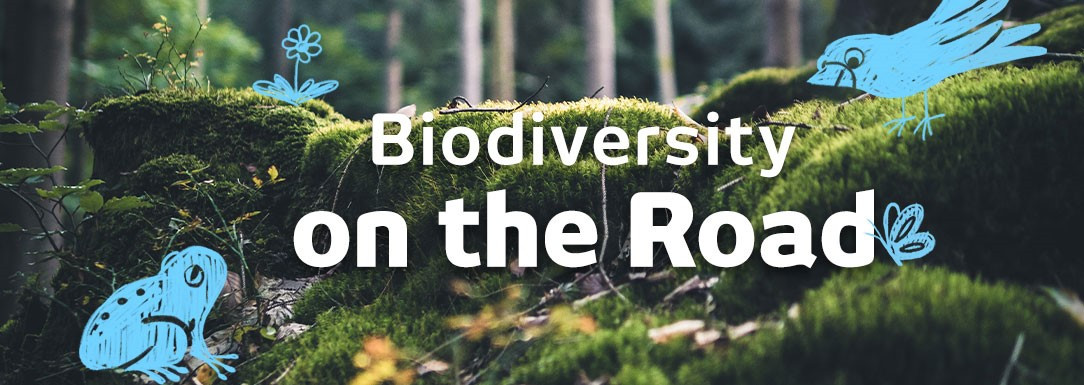
BIODIVERSITY ON THE ROAD
Life on earth depends on the ecological balance that results from the relationships between all living organisms.
Biodiversity is essential for the health and well-being of the planet.
Biodiversity at Ascendi
At Ascendi we want to turn our infrastructures into opportunities, while preserving the balance of nature.
So, after the success of the first season, we launched the second season of the 'Biodiversity on the Road' programme, which aims to deepen our commitment to preserving the natural world by exploring new ways of caring for the planet.
In five episodes, presented by Pedro Moreira, Ascendi's biologist, and his guests, we address the importance of biodiversity in promoting the defence and preservation of the richness and variety of the natural world, and demonstrate how small gestures can be decisive in protecting it.
The programme will be available on YouTube, Ascendi's website, social media and Spotify, every Monday, from 2 October to 30 October.
This initiative is part of Ascendi's commitment to the sustainable use of resources, the ecological transition and the protection and enhancement of biodiversity throughout its network.
Join us! We'll give you tips for protecting biodiversity.
Biodiversity matters to all of us.
But what is exactly understood by Biodiversity? This concept refers to the variety of Life on Earth, from genes to the countless species of animals, plants and microorganisms found on our planet, as well as all habitats and ecosystems that form the biosphere.
In this first episode, Ascendi’s biologist Pedro Moreira will talk about the existing challenges and give us examples of small actions that can make all the difference when it comes to environmental conservation.
Why should we be concerned? In this second episode, João Lindo da Cunha, a specialist in invasive species at Ascendi, will explain why invasive species represent a serious threat to our fauna and flora.
Susete Pires, head of Ascendi's Marketing department, will help us in this discovery, showing the contribution this department makes to getting our message across in a successful way.








